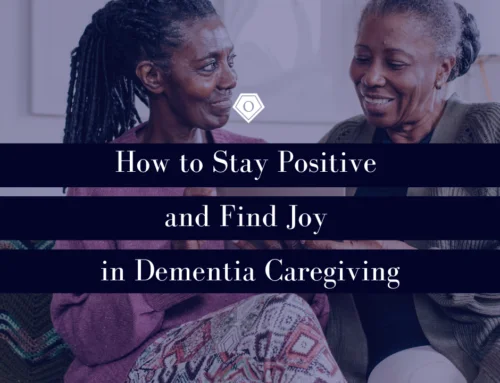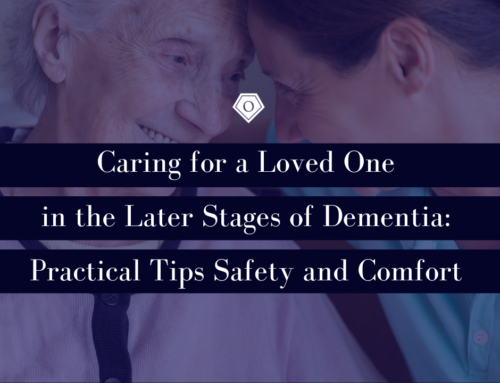Are you caring for a loved one with dementia or Alzheimer’s? Dementia patients experience big changes in mood and emotion that can be challenging for caregivers. Major physical or emotional changes might be why you landed on this page looking for answers.
Memory care, living facilities specializing in dementia care, are just one solution for those with dementia. Alternatives, like home health care, allow seniors to remain in the comfort and familiarity of home while giving families the support they need and patients’ necessary critical care.
What is Memory Care?
Memory care facilities are living facilities for dementia and Alzheimer’s patients. Employees set routines for patients to lower stress, provide meals, and offer personal care – just like staff in assisted living. One challenge is the ratio of patients to staff. There are often more patients than staff members, and personalized care is not possible.
Signs that Mom Needs Dementia Care:
- Medication Management Is Difficult
- Confusion and Disorientation That Imperils Physical Safety
- Caregiver Life Is Becoming Increasingly Unbalanced
- Assisting Patient With Daily Tasks Is Too Difficult
- Needs of Patient Are Greater Than Skill of Family Caregiver
- Patient Weight and Overall Health Is Decreasing
- Noticeable Decline In Tidiness Of Home
- Family Caregiver Health Is Declining
- Patient Needs Are Progressing
- Home Safety Is Poor
Alternative to Memory Care, Home Health Care:
Home health care offers medical and personal care to dementia and Alzheimer’s patients in the home. In addition, the home can play a critical role for seniors who have dementia by providing emotional comforts. Familiarity can offer a sense of security, calm, and routine.
Home health care not only offers nursing support to those living with dementia but equips families with the tools needed for life balance. When home health care nurses and aids are in the mix, family members can resume their roles of comforter, listener, and loved one. The burden of care is lifted so everyone can thrive in a safe environment.
How to know if memory care or home health care is right for your loved one:
- Make a list of your loved one’s needs. What options meet these needs best?
- Consider the desires of your loved one when their memory was still intact.
- Talk with your loved one’s doctor to weigh out options.
- Check references, get reviews, and ensure all the necessary credentials are listed for the memory care facility or home health company.
Equip yourself with the necessary information to make a decision that gives you peace.
You don’t have to walk alone.






